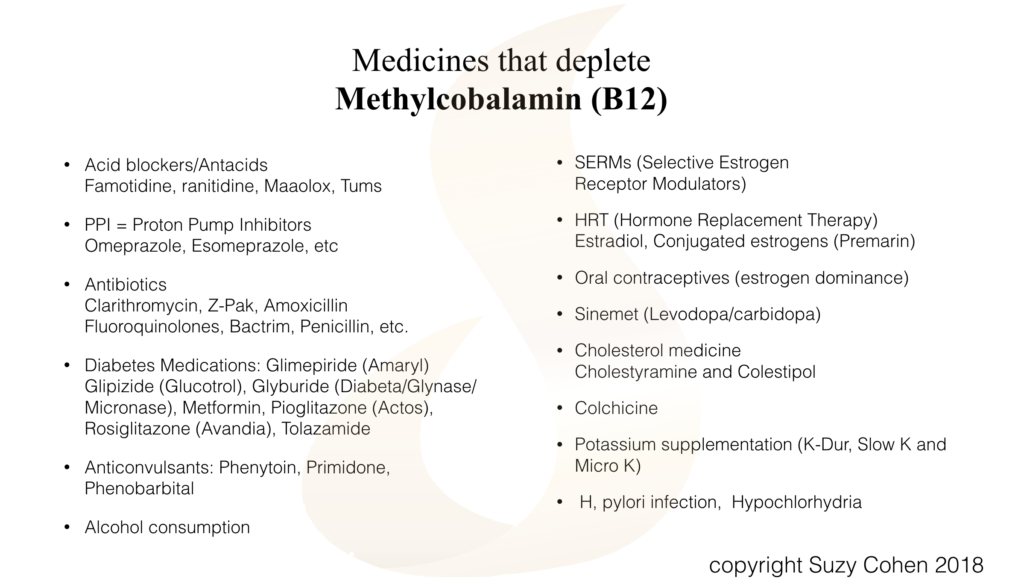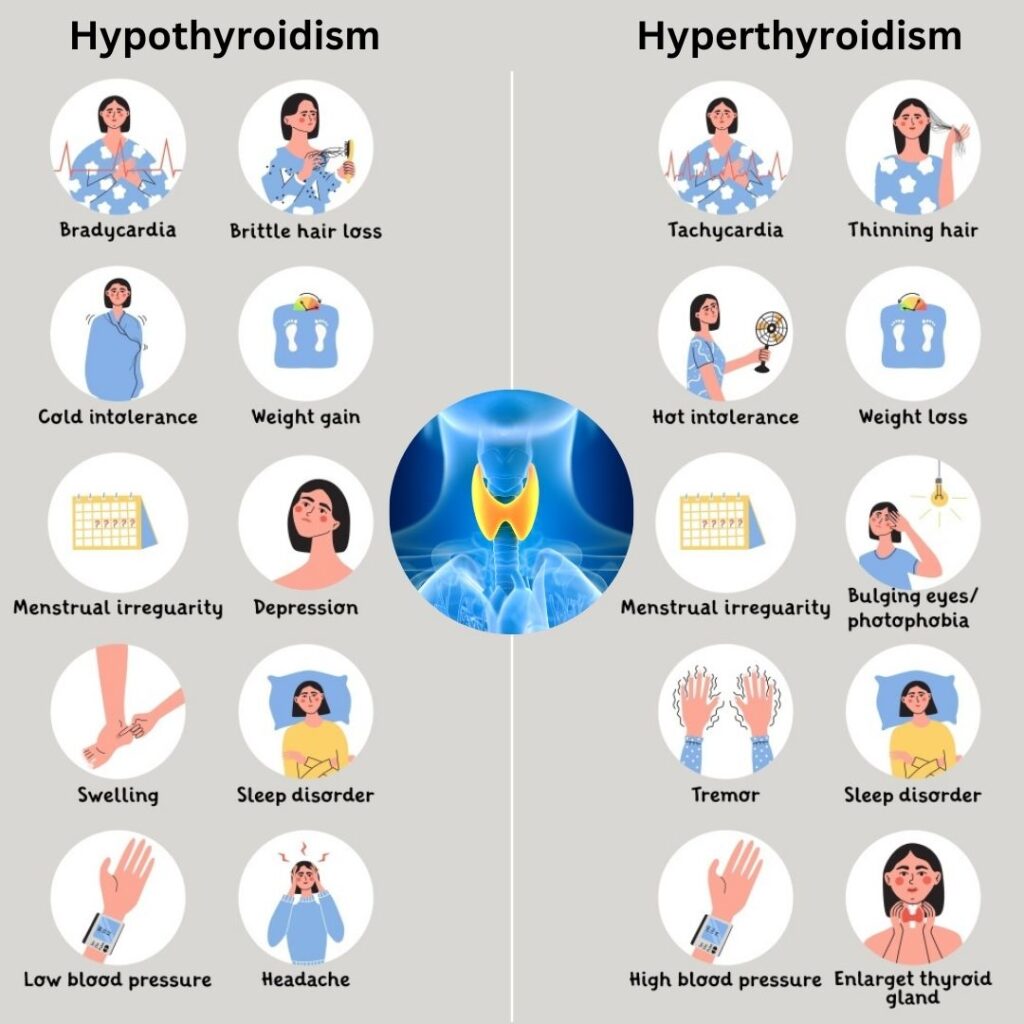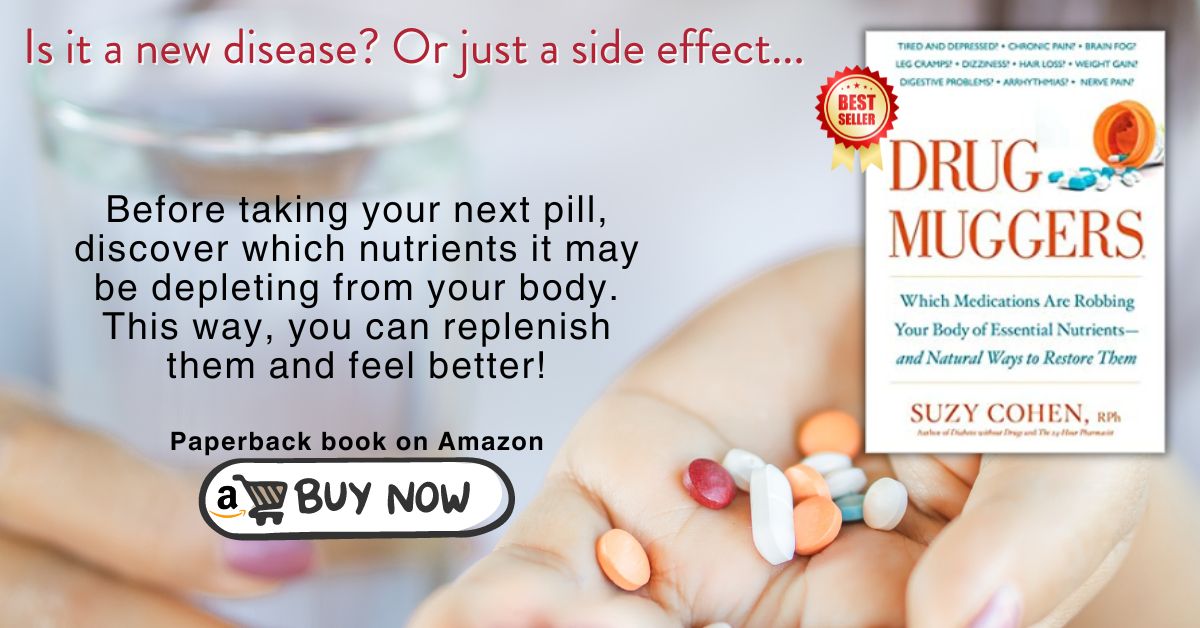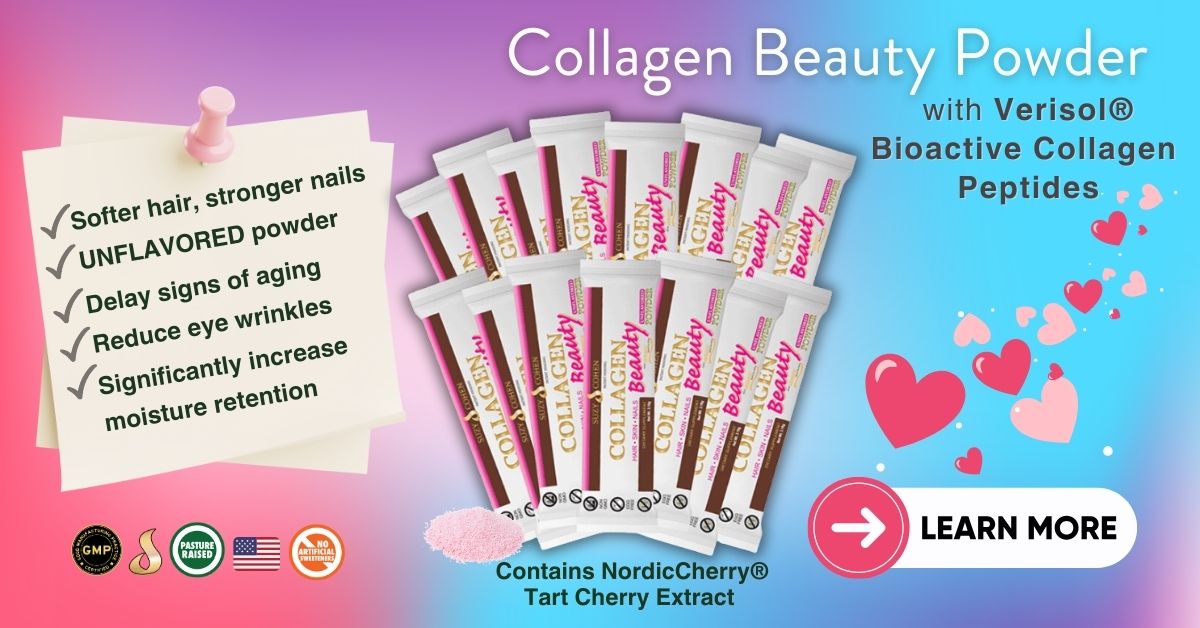What's On This Page?
ToggleI received a letter in the mail regarding neuropathy (via my syndicated newspaper column) and I thought I would offer herbal relief options today in case you have this problem yourself. Here’s the letter I got.
I have chronic nerve pain associated with my diabetes and currently take medication to manage it. I am interested in adding supplements that could potentially enhance my relief and promise to consult my doctor about their suitability. I appreciate your expert advice!
Understanding Nerve Pain and its Connection with Diabetes
Nerve pain, often referred to as “neuropathy” or “peripheral neuropathy,” manifests in various ways—tingling, burning, radiating, and sharp sensations are common descriptions. This condition can sometimes worsen due to the nutrient-depleting effects of common diabetes medications, such as metformin and glipizide, which I refer to as ‘drug muggers’ of vitamin B12. This vitamin is crucial for producing myelin, a protective layer around nerve fibers. A deficiency in B12 can precipitate neuropathy symptoms, making it essential to monitor your levels with a blood test before considering supplementation.
Look at all the drug muggers of B12, acid blockers are a huge drug mugger of B12 and inadvertently worsen neuropathy (unless you supplement with what the drug mugger depletes). See below for all the drugs that interfere with B12 production and absorption (I made a graphic).
Medication that Depletes B12

Understanding Nerve Pain and its Connection to Thyroid Disease
Thyroid issues can surprisingly play a significant role in the development of nerve pain. When your thyroid is not functioning properly—as in cases of both underactive (hypothyroidism) and overactive (hyperthyroidism) conditions—it can lead to neuropathic discomfort. With hypothyroidism, the slower metabolism causes mucopolysaccharides to build up within bodily tissues, squeezing and distressing nerves.
On the flip side, hyperthyroidism might push your metabolism into overdrive, leading to nerve damage from heightened oxidative stress. It’s essential for those with thyroid conditions to understand these potential impacts on nerve health. Consulting with a healthcare provider to optimize both thyroid and nerve health is key to managing these interconnected issues effectively. Use my search box to find other articles related to thyroid. One that you might enjoy is, 10 Essential Tips For Optimal Thyroid Health: A 2024 Update.
Another intriguing read is my article, The 7 Signs Of Diabetes That Mimic Thyroid Disease.

Herbal Relief and Its Role in Nerve Health
Many herbs, categorized as “nervines,” are known for their nerve-soothing properties. Among the most effective are Chinese skullcap, lemon balm, wood betony, St. John’s wort, chamomile, prickly ash, and milky oats. These herbs can be used in various forms such as teas, compresses, tinctures, and capsules. However, it’s important to be aware of potential side effects and interactions, especially with St. John’s wort, which can affect many medications. The flowers are so beautiful – they are a bright yellow. But don’t be fooled, this comes with some pretty potent interactions if you take it internally. It’s considered a mild antidepressant.* See below for a picture.
Always consult with a holistic practitioner who specializes in herbal treatments before starting any new herbal relief treatment.
DIY Herbal Bath for Mild Neuropathy Herbal Relief

For a gentle, therapeutic bath that can help soothe mild nerve pain, try the following DIY recipe:
- Mix together equal parts of oatstraw, skullcap, wood betony, and St. John’s wort to make 2 cups of herbal blend.
- Place the mixture in a clean sock or fabric pouch and seal it.
- Drop the herbal sock into your bathwater, adding 5 to 10 drops of lavender essential oil for additional relaxation.
- Soak for at least 20 minutes in lukewarm water, which is gentler on sensitive areas.
This bath method utilizes transdermal absorption of the herbs, providing localized relief. It’s crucial to discuss this approach with your healthcare provider to ensure it’s safe for you, particularly if you’re considering a topical product like Neuragen, available at pharmacies.
Further Reading and Resources for Herbal Relief
For more comprehensive information on managing diabetes and neuropathy through natural remedies, consider exploring my book, “Diabetes Without Drugs.” It’s available on Amazon.
In it, you’ll find extensive details on dietary adjustments, supplement recommendations, and lifestyle changes that can significantly impact your health and well-being.
Remember, while supplements and herbs can offer benefits, they should complement rather than replace conventional treatments. Always align these natural approaches with your healthcare plan.
I wrote another article about Small Fiber Neuropathy which may also interest you because millions of people have this and don’t even realize. It’s not exactly like peripheral neuropathy. People with diabetes often get this, as do people with chronic infections. Small Fiber Neuropathy Causes And Treatment
You may enjoy this blog I wrote, What Fig Fruit And Almonds Have To Do With Diabetes
Closing Thoughts
Thank you for your continued support and interest in my work and articles. Feel free to use my search box for articles about other topics that interest you. Managing chronic conditions like neuropathy can be challenging, but with informed choices and professional guidance, you can enhance your quality of life.

Suzy Cohen, has been a licensed pharmacist for over 30 years and believes the best approach to chronic illness is a combination of natural medicine and conventional. She founded her own dietary supplement company specializing in custom-formulas, some of which have patents. With a special focus on functional medicine, thyroid health and drug nutrient depletion, Suzy is the author of several related books including Thyroid Healthy, Drug Muggers, Diabetes Without Drugs, and a nationally syndicated column.



